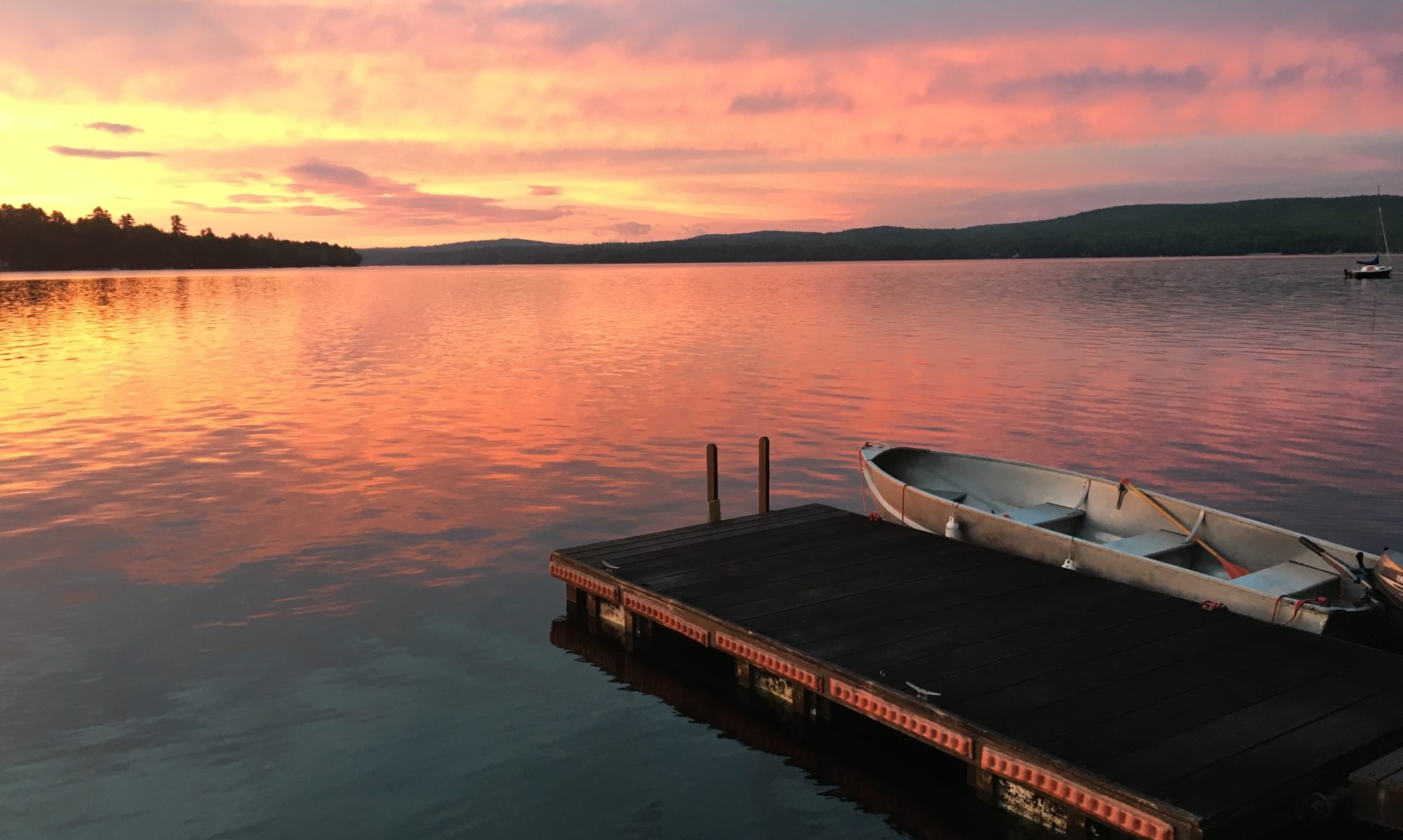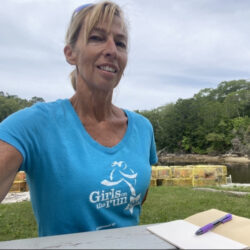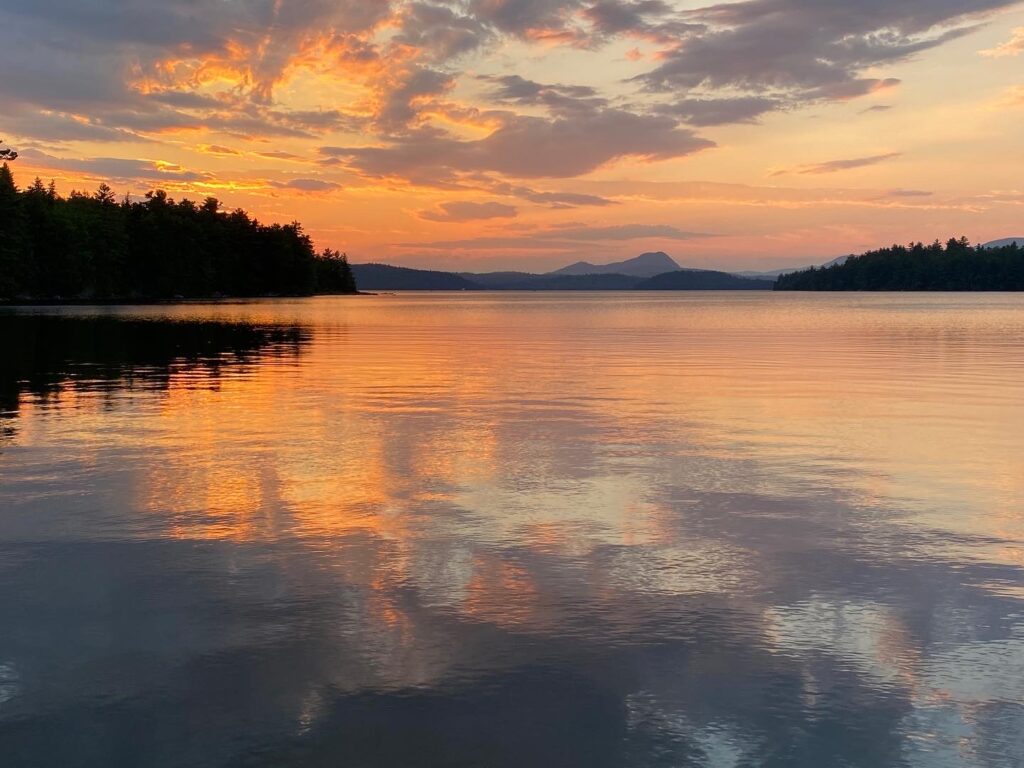when a foreword is the last word
My father passed away last week and I’m struggling with finding the right words for his obituary. The Foreword I wrote for Grateful Ned, his 2018 autobiography, is a far less morbid way to memorialize his life.
For me, his soul will always reside in the present tense.
My father is an explorer. For much of his life, he explored the secrets of the sea, as described in the first book he wrote, fittingly titled Exploring the Ocean Depths. His adventurous career in oceanography took our family from Boston to the gulf shores of Texas; then Miami, San Diego and finally, a return to the Maine island where he and my mother had first met.
I grew up on that island, attended the tiny three-room schoolhouse, joined the Campfire Girls and romped through the five acres of woods that was our backyard. Together, my father and I built a treehouse in the apple orchard behind the house.
We were the odd family from “away:” two intellectuals and their only child. My mother, a talented graphic artist, freelanced from home and my father, a marine scientist, had previously worked with Jacques Cousteau and traveled the globe. My parents divorced when I was eleven and I began a twenty-five-year spiral into alcoholism–a life of half measures and wanderlust, unfulfilled careers and relationships. Sobriety has brought me on a long journey of self-exploration, much like the soul quest my father has written about in this memoir.
Childhood memories were hazy and entire decades blurred, so I asked my father to help me piece things together, to tell me his story. We decided it would be a team writing project. I bought us each a workbook on writing a family history, complete with prompts, exercises and sample timelines. We planned writing workshops during our upcoming vacation to Alaska to celebrate his seventy-fifth birthday.
But like most things, my father chose to do it his way and the memoir workbook grew dusty on the shelf. “I decided to start on my own,” he writes. “I chose to tell my tale on the ubiquitous yellow legal pad.” Dozens of legal pads later, he painstakingly transcribed his near-illegible penmanship, writing what would become his third book.
His life is an endless adventure from the depths of the sea to the vast world beyond. He’s explored the nation, piloting our family across the country in our 1957 Mercedes Benz, and he’s seen the world through the lens of the windshield of a Greyhound bus. He’s traveled on ships and trains and airplanes to Europe and Scotland, South Africa and South America, Mexico and most recently, on the Trans-Canadian railway through each of that country’s provinces.
Yet, as I read his story, I find that in his perpetual pursuit to live a unique life, we are one. Similar passions flow through our veins like the blood that links us as father and daughter. We share a desire for travel and road trips. A mutual delight in telling stories. A passion for writing. An insatiable thirst for reading. The conscious choice to take the road less traveled.
And even now, well into his eighties and living contentedly on an island off the coast of Maine, through its brutal nine-month winters and long summer days filled with sailing and ice cream sundaes, my father continues to explore. As he delves further into his past, he enters a new world of self-discovery, sharing it with us through the portal of this book. Today, his business cards brand him “EXPLORER.” His sight may grow dim, and his energy level wane, but my father will never stop exploring.
And for this, I am grateful.




